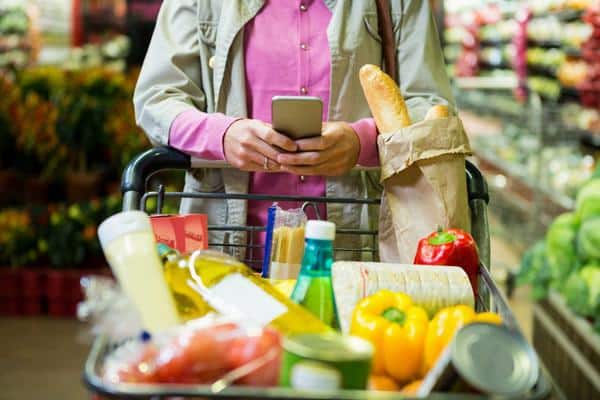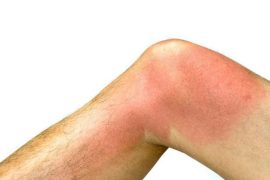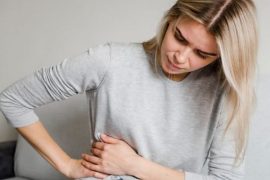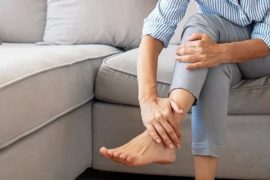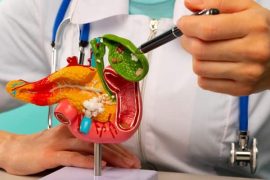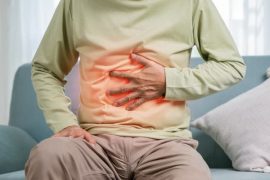The coronavirus pandemic forces us to observe even more stringent hygiene rules. The European Food Safety Authority assures that food is not a source of transmission of a dangerous virus. However, it is important to protect food from contamination, including pathogens, during storage or transportation. The correct behavior of shoppers is also key (for example, the use of disposable bread gloves). Due to the possibility of preserving coronavirus on various surfaces even for several days, it is worth considering the possibility of disinfection of certain food products brought from the store.
Hygiene rules when shopping at the store
Both employees and shoppers must follow strict hygiene rules. Hands should be washed or sanitized before using food (including prepackaged food). This procedure should be repeated after sneezing, coughing or blowing your nose in a handkerchief, and also after going to the toilet, touching money, and other items, such as door handles, handrails, or handrails. When coughing or sneezing, you must bend your elbow, first you should also move away from other people and food (especially those that are consumed in raw and unpacked – bread, vegetables and fruits). It is forbidden to touch unpacked products that we are not going to buy, such as fruits or rolls. When purchasing this type of product, be sure to use disposable gloves available in stores.
Coronavirus and Food
According to studies, depending on the type of surface, the coronavirus can remain on it from several hours to even several days. It survives the longest on metals and plastics (up to 9 days), and dies in one day on cardboard and paper packaging. The source of the presence of the virus in food can be the secretion of an infected person (primarily excretion from the mouth or nose, but also urine and feces), which, for example, sneezed on the store or touched the product with the hand on which the virus was left. Remember that this is very unlikely, and following basic hygiene rules will protect your food from contamination.
How do you disinfect food?
However, if we are afraid that the virus might remain on goods brought in from the store, we can sanitize them. A disinfectant (a solution containing 70% pure alcohol works best) just wipe the packaging – cans, glass jars and bottles, as well as plastic materials (now it’s better to buy packaged bread). Vegetables and fruits should be washed in the warmest water. Food in paper packaging (such as flour) can be left in a separate place for one day.
Scientists have found that coronavirus dies when exposed to high temperature (at 60 degrees Celsius, it disappears after 30 minutes). Proper heat treatment of meat, eggs or fish effectively protects against infection. It is also important to separate the raw foods consumed from foods that require heat treatment. Before cooking and eating, you should also thoroughly wash your hands with warm water and soap. Remember to regularly clean kitchen worktops, shelves in the fridge, or chopping boards.


